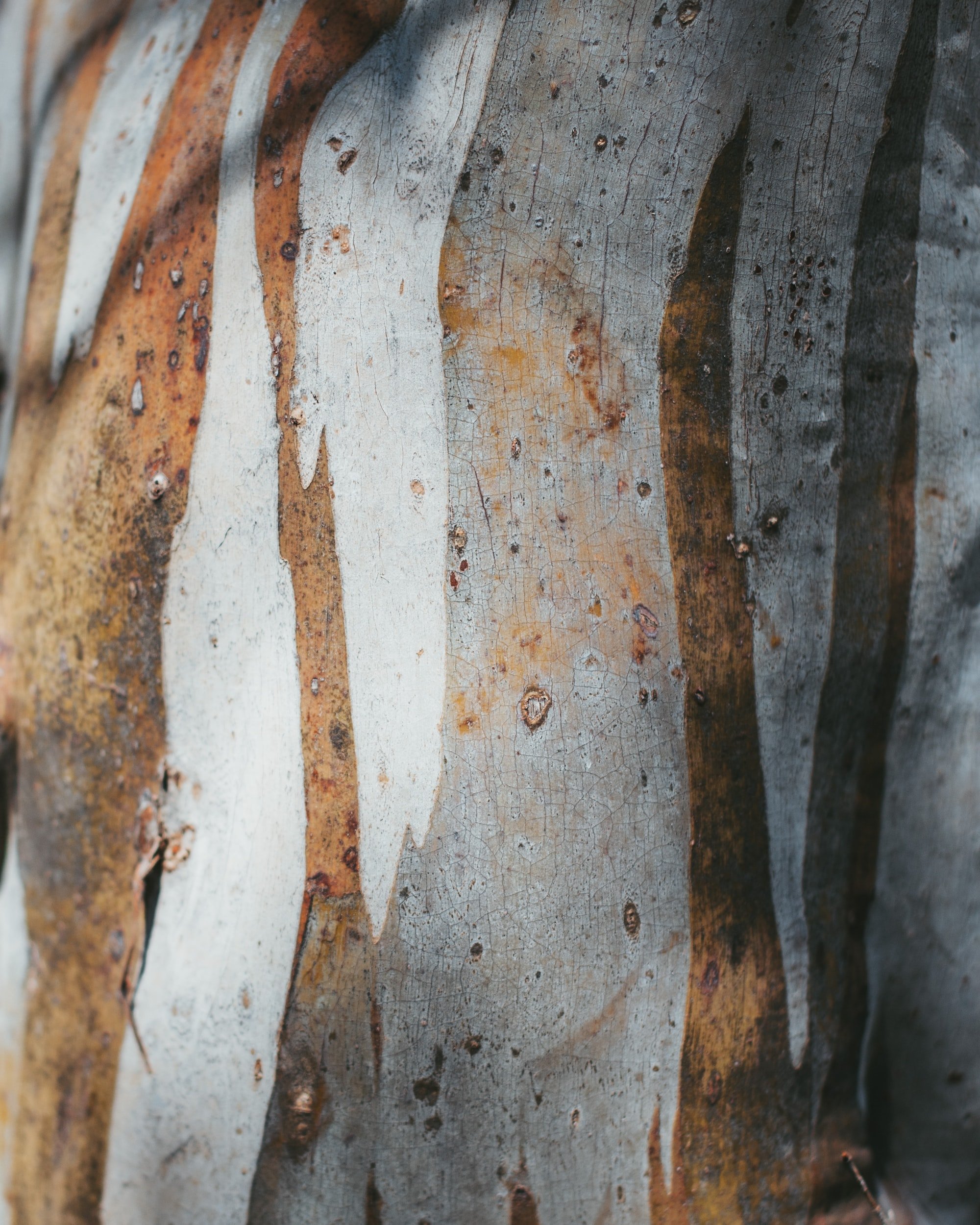Remembering Balibo
Their eyes stare straight out at you from five grainy black-and-white photos on the wall. Such young faces, framed by luxuriant waves of hair in various stages of bouffant rebellion. The hair is unmistakably from the seventies, but those eyes could be staring at you from any decade. The men’s facial expressions seem to cover the spectrum of human emotions. Malcolm Rennie is grinning, Brian Peters has a half-smile, and there’s a faint wry twist to Gary Cunningham’s lips. But Greg Shackleton is furrow-browed and there is something haunted in Tony Stewart’s serious, wide-eyed gaze.
Postcard to David Foster Wallace
Dear David Foster Wallace,
I have lugged a heavy heart over the Snowy Mountains, breathless with grief, and later planned how to turn my personal lovelorn anguish into profitable literary activity.
I have enticed my aging mother into a small canoe, observed as her face turned the colour of talcum powder while we paddled towards an ever receding East Timorese island and later pondered how to convert her distress into a witty ‘bad travel’ column.
I have visited a cyclone-wrecked Queensland coastal town and gathered quotes illustrative of the resilience of the human spirit while sitting in the local doctor’s surgery nursing a bladder infection and feeling anything but resilient.
The Self-sabotaging Writer’s Blues
A tragic-comic list has been doing the rounds recently on Twitter. Entitled ‘The Creative Process’, the list is a seven-stage description of how writers often feel when they embark upon a new project: ‘1. This is awesome 2. This is tricky 3. This is s**t 4. I am s**t 5. Everything I do is s**t 6. AARRGGHH 7. Booze.’
Behind this humorous tweet lies an all-too-familiar state of mind that I usually describe to my writing students as ‘The Self-Sabotaging Writer’s Blues’. For the lucky ones it is a temporary crisis of confidence that is quickly overcome. For others, it can lead to the complete abandonment of a writing project. So how do writers find their way through a thicket of paralysing anxieties?
The Island Unplugged
Once you start noticing the piles, they’re everywhere you look, in all shapes and sizes. Driving from the crowded Balinese capital of Denpasar towards the north-east coast, I start to count all the different types of objects heaped on the side of the road.
There are piles of bricks and cement bags, sawdust and tiles, timber and kindling and peanuts and rice and stone carvings and religious offerings of flower petals. And on the heads of women, balanced magically in reed baskets, there are teetering towers of palm fronds and fresh fish, fruit and vegetables. So many piles of stuff is being made into other stuff, or that no one has figured out what to do with yet, or to be offered up as appeasements to the Heavenly Rulers of All Stuff.
Bare
Out the front of my house stands a eucalypt whose bark is the same flesh-pink as those giant human babies sculpted by Ron Mueck. At least, right now it is. Sometimes the bark is as grey and slit-scored as a medical student’s cadaver. Every day there is an imperceptible change in the colour of the tree and sometimes months pass before I notice the transition. About twice a year the slits peel back and the tree does a slow-motion striptease for me, shedding its curled fragments all over my garden. In between long stints at my desk I head outside to sweep the dry scrolls off the path. It is a comforting Sisyphean ritual.
Walking the Blues Away
After my heart took a trampling recently, a wise woman advised me to get out from under the doona and look at the horizon. So when an invitation arrived to go walking in the Snowy Mountains I decided to take her advice and see if some of the most spectacular horizons in Australia could help lighten my load.
Gorging in the Dordogne
Sian Prior thought she was in for a tough mountain trek through southern France. With a little cheating and a lot of good food, she discovered that a 120 kilometre hike could be an exercise in hedonism.
Imagining Shyness
Imagine this: you are about to deliver a presentation to a classroom full of your fellow school students, watched over by your teacher. Perhaps your palms are sweating, your face slightly flushed. Perhaps your heart rate has increased. Perhaps there is a tremor in your hands as you shuffle the pages of your talk, anxiously checking that they’re in the right order. Imagine yourself imagining that everyone in the classroom is staring critically at you, waiting for you to stumble over the first paragraph. Imagine yourself standing in front of that critical audience, wishing that you were invisible. Now imagine feeling just like this every time you find yourself in a social situation with people you don’t know intimately, because you are shy.
Hiraeth
What I wonder:
Hey Lofty is this how it was?
The mind returning and returning to the leaking body,
to the seeping ulcers where the bones are peeping through,
the bones aching from the fever,
the head aching from the blows you took
when you tried to stop the Japs burying a skeleton
who was not quite dead,
a skeleton whose hands still shook,
though his blank eyes stared star-wards?
Advice for Memoirists in Two Short Lists
Recently a new version of the champagne meme was doing the rounds on Twitter, and this time the targets were memoirists: ‘I’m afraid it’s only autofiction if it comes from the autofiction region of France. Otherwise it’s just sparkling narcissism.’
As the author of two memoirs, I chortled and happily re-tweeted it. It’s not just witty, it’s also a useful reminder of what to avoid when writing about your life for imagined readers. Narcissism—or the perception of it—is one of the potholes you may encounter when shaping a confessional narrative from your lived experience.
Born again in the City of Darebin
I’m peeling again. Great strips of grey bark flaking off me. Feels good. I’m born again, a naked lemon-scented gum tree swaying in the Victoria St Glade in the Forest of Northcote in the Community of Darebin. And there’s a dead woman feeding me. She died in her eighties back in the year 2039. Luckily there was a flurry of aged care policy changes in the 2020s when all those dementing Baby Boomers started wandering the streets.
Politics in a pandemic
When it came to funeral planning, my mother had only two requests. She dictated them to me a year ago, when she could no longer write. Margot wanted ‘no church but lots of music’, and she wanted her body to be ‘left to science’. When she died seven weeks ago in the middle of Melbourne’s lockdown, we were able to fulfil her first request, but the second proved impossible. The bodies of those who’ve had Covid19 are not currently welcomed by the medical research establishment. Instead, Margot’s death is being co-opted by those preaching a brand of politics she loathed.
Someone Else’s Child
The girl gives up on her prodding and wanders towards the birds. Suddenly she’s running at them, waving her hands. I lean forward, leg muscles tensed. Just before the girl reaches the edge of the jetty the squabbling gulls rise as one, circling back towards the shore. The child stops and stands with her hands flung wide as if to catch any tardy gulls. ‘Gone,’ she says, to the air in front of her.
Another round? On writing a second memoir
I’ve written a second memoir, everyone. Another sad one. Happy stories are boring. This is what I tell my writing students. Find the thing that troubles you the most. The knot you can’t untie. Write about that. But – again?
Shy Young thing
What’s a polite, nearly middle-aged woman like me doing leaving a party without even saying goodbye to her fella, let alone to the birthday girl? Regressing, that’s what. Behaving like she used to before she became A Confident Career Woman. Like she did in the bad old days, when she was A Shy Young Thing.














